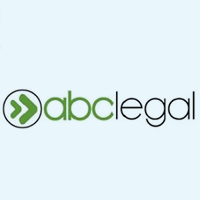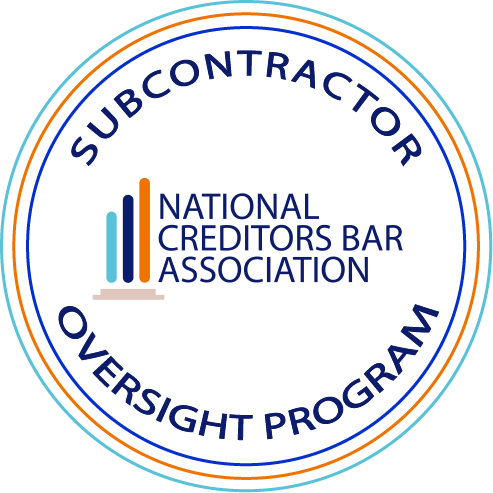As the old saying goes, showing up is about 90% of the battle. And, for many law firms and corporations, that can make all the difference in the world.
Factors such as time, travel hours, and limited resources make assisting a client in court – at best – a stretch and an impossibility at worst. In which case, an appearance attorney would become an integral asset to smaller law firms. They’re also ideal for large law firms with multiple hearings on the calendar who don’t need to waste money on additional expenditures.
It’s worth noting that the duties of appearance attorneys are a bit murky. And you should never have someone represent your firm without knowing what you’re getting.
Fortunately, this information will shed some light on the matter and clarify the expected legal duties of an appearance attorney:
What Should You Expect in Court From an Appearance Attorney?
Since the primary legal duty of an appearance attorney is representing you in court, here’s a breakdown of what you should expect from them:
Showing Up on Time
Your court case isn’t a college lecture or dinner with friends–there’s no 5-to-10 minute grace period for tardiness. Appearance attorneys must be on time, as they’ve explicitly been hired for a given date and time to represent your client or corporation. In fact, the earlier, the better.
By showing up when they’re supposed to, your appearance attorney will familiarize themselves with clients and any other additional details. They’ll know the value of the much-needed time that comes while waiting for the case to be called.
Clients are often nervous before cases. This notion rings doubly true when they’re at a hearing for a much more extensive trial. By showing up at the decided-upon time, your appearance attorney can soothe those anxieties through coaching.
A Professional Approach
Appearance attorneys should know the ins and outs of the appropriate local court system.
And remember, they’ll be communicating with the judge. You aren’t looking for “My Cousin Vinnie” here. A maverick who ruffles a judge’s feathers won’t do your corporation or small firm any favors.
Whoever you hire should be a professional, upholding the American Bar Association’s Model Rules of Professional Conduct.
What Can You Expect After the Hearing?
Just because the court date has come and gone doesn’t mean your appearance attorney’s duties are complete.
Every detail of a hearing could be crucial for a more extensive case. And small firms should know the nitty-gritty details of their clients’ court dates, even if they can’t be there in person.
At the end of the day, you want your appearance attorney to either be an extension of your corporation or firm.
While they might be “standing in,” there shouldn’t be any information silos. Everything your appearance attorney knows, you should know too. As such, within 12 to 24 hours, most firms demand that these lawyers fill out and submit a thorough report highlighting the necessary details.
This way, you’ll know what’s happening with your clients (or your extensive court case). From there, billing and planning the next stage of a trial becomes more transparent.
Want to find out more about appearance attorneys? Contact us today, and we’ll be happy to answer any questions.




